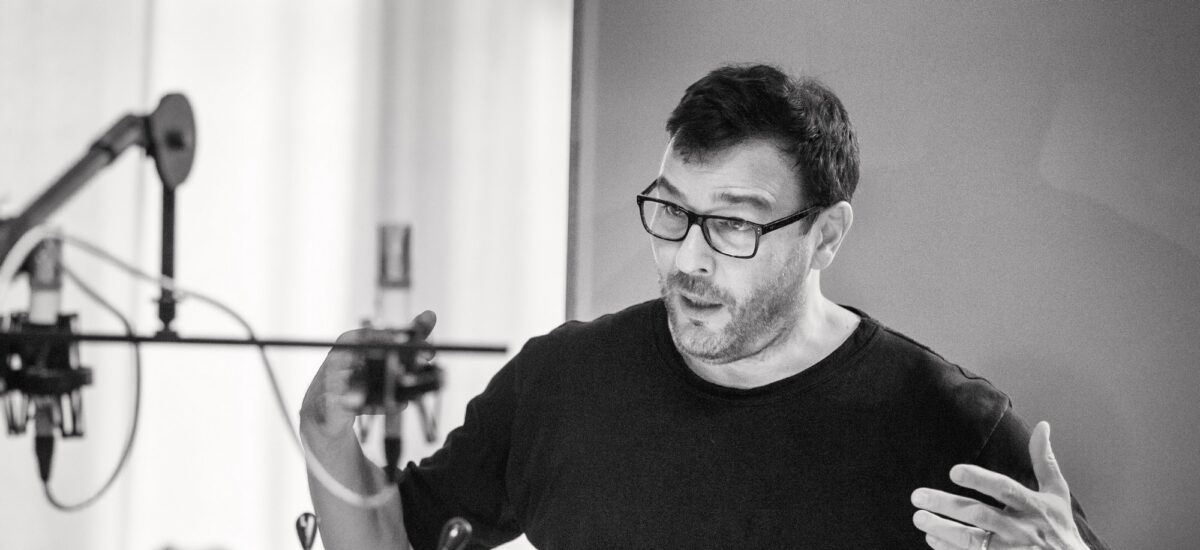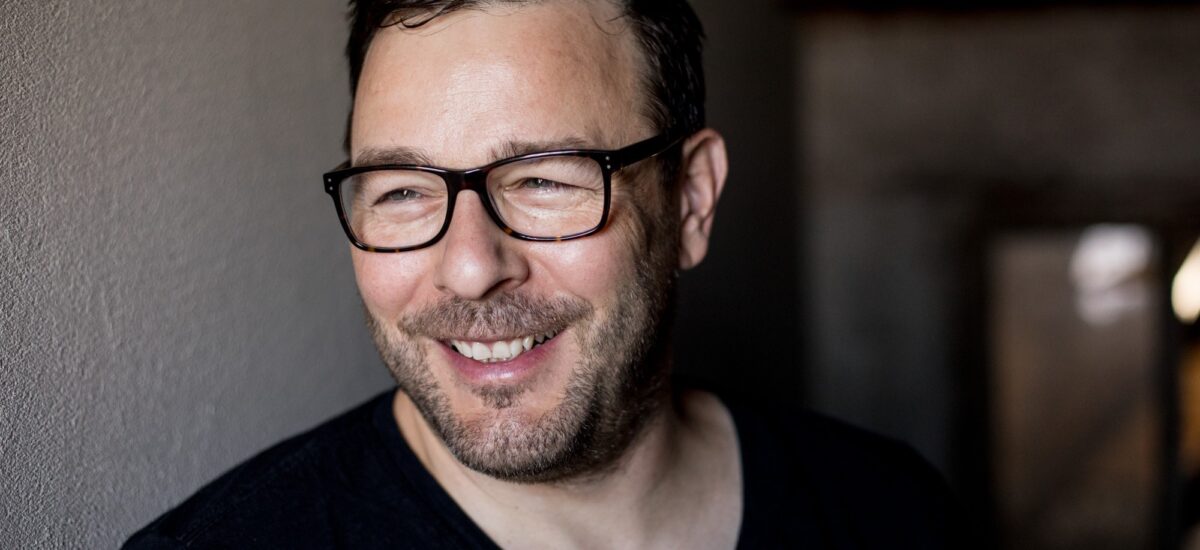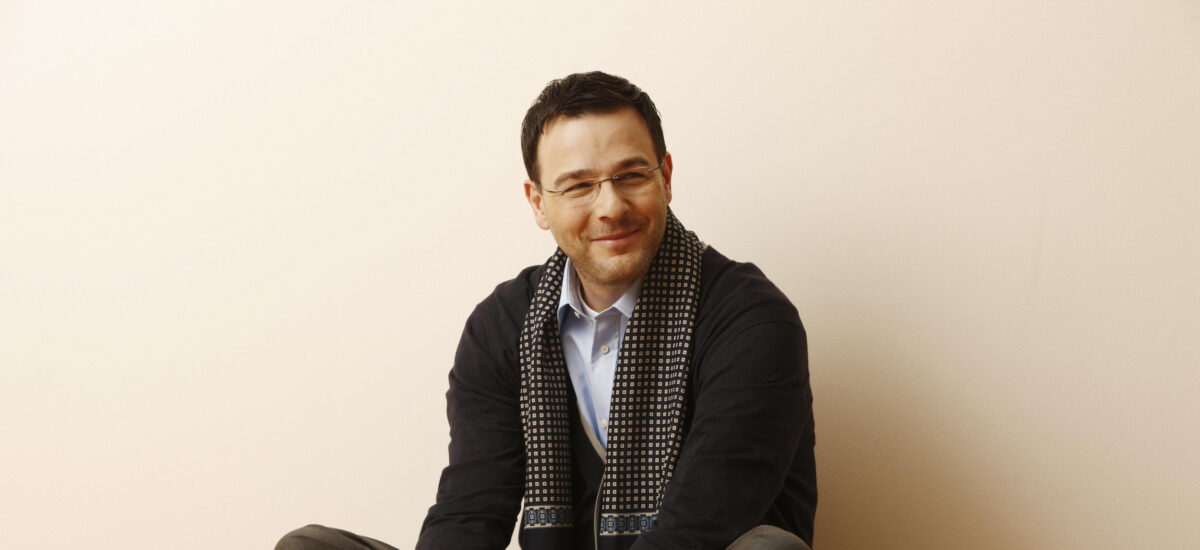TRANSCRIPT
Scofield: I think countertenors are much more popular today than they have been in the past. What is it about our own time do you think that makes this voice type so appealing to us?
Scholl: It’s an interesting question. I could talk for hours about this, but I think we have to imagine that Alfred Deller, who was considered to be like the grandfather of modern countertenors, he started singing as a countertenor in the 1950s as a soloist. The world at the time was different. There was much more prejudice, much deeper confusion, why does a man sing that high? I think times have relaxed, and people are more open to new ideas and concepts about how music can sound, how you can be in your life.
The countertenor voice stands for the human voice to me. The countertenor voice transcends the male and the female voice. It stands for the next higher level which is the human level, and I think deep inside ourselves, we all have the desire to not exclude part of our identity. The countertenor creates these vicarious thrills for the audience. He’s the one who can be heroic on an opera stage, or the alto castrato at the time. So there’s a man who plays Julius Caesar, one of the most masculine heroic figures in world history, you can be a hero and you can have a high voice, and you kind of combine all elements of humanity in that voice and in yourself. I think this is what makes it attractive to an audience these days, maybe even on a subconscious level.
Scofield: I’m sure it certainly does. I think this voice type really got a very spiritual quality. But something interesting is, my wife who absolutely adores countertenors, says she thinks that the voice type of countertenor is actually appreciated more by women than by men. What do you think of that idea?
Scholl: I have a good colleague, Kai Wessel, who is a countertenor about my age, and he said that women are less threatened by the countertenor’s voice. It’s less testosterone. If you have a heroic tenor or a baritone, it expresses itself frequently through strength, through decibel. The louder you sing, the more dramatic and masculine you are. Because the countertenor resembles more to the female voice than the male voice, that appeals more to women. I don’t have any theories about that, but that was what my colleague told me back then and I remembered. I think it has a point there.
Scofield: Interesting idea. Andreas, it has been simply fascinating and a pleasure to talk to you. I really have enjoyed this wonderful conversation.
Scholl: Thank you very much. I enjoyed it myself. It’s not just a biography interview that I frequently do, when I kind of talk about specific dates, but it’s more like a discussion and less like answering questions. I enjoyed it very much. Thank you very much.
Read more about Andreas Scholl on their OFFICIAL WEBSITE.




